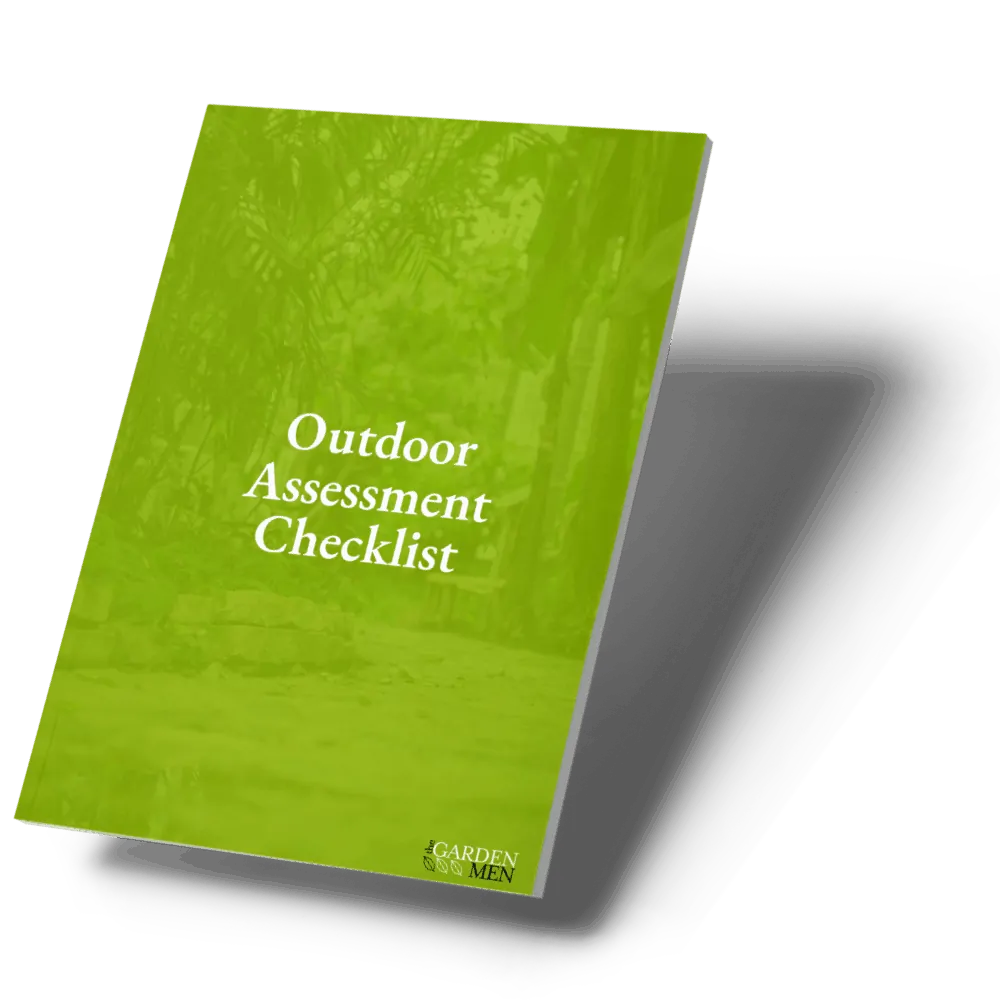The dictionary tells us mulch is a material (eg. decaying leaves, bark, or compost) spread around or over a plant to “enrich or insulate the soil.” Over the years it’s become a much more popular treatment for Australian gardeners. It can certainly be a helpful garden care ally in the battle against our often extreme climate. And, given the season we’re in, mulching is one of the tasks that are commonly being performed.
Why mulch
Some key benefits from its use include:
- Slowing-down water run-off and erosion
- Helping control soil temperature
- Suppressing weeds – perhaps together with landscaping fabric
- Protecting plants when temperatures – even in our area – hit a low mark
- Organic mulch, such as bark, straw and compost, has been shown to help reduce soil compaction
- Providing a useful barrier between a rampaging mower and more sensitive plants, bushes and trees!
Equally, there can be clear cosmetic benefits to be gained. The selective use of mulch can help in bringing the garden layout together, while often improving the look of borders or even dirt footpaths. Colour choices can add visual distinctiveness, with examples ranging from forest floor or redwood to midnight black.
Choosing and using the best mulch
Like different herbs add to the flavours of certain meals, mulch should be chosen depending on both the specific environment and the plants it will surround. For example, if you enjoy growing desert succulents or cacti, or some small herbs, a heavy, wet mulch would not be what they need. Replicating their environment with light gravel would be a good, and attractive, choice. However, if your garden features drought-tolerant but not desert plants, then a thin layer of coarse organic or woodchip mulch is often an effective choice.
In general terms, chunky mulch tends to have better soil moisture retention results than a finer alternative. A heavy spread of fine mulch can actually prevent vital rainwater or irrigation activities from ever reaching the soil it’s supposedly protecting! As it dries, it might even extract water from the soil! Studies have also found weed seeds can germinate in a layer of fine mulch.
Chunky organic mulch allows air to circulate and water to flow through. Use mainly 50+mm sized particles of mulch and they should be applied to a depth of around 50-60mms. Effective mulch alternatives include composted bark or bark flakes. Options such as sugarcane, chopped Lucerne (Alfalfa) or pea straw are often chosen for areas around fruit trees, in vegetable gardens, and with flowering plants.
Once you know the areas of your garden that you are treating, and the plants that live there, then it pays to closely examine the available products. They should provide clear guidelines on where, when and how to use them to best effect.
Avoiding common mulching errors
Here are a range of tips that both help the process and can avoid often-made mistakes:
- If you are mulching under trees, watch closely when it rains. Where rain drips off the outer branches is likely to be where the most tender roots are found. Simple putting mulch around the base doesn’t give them protection
- Always check the source or quality of the mulch used. Cheap mulch can contain seeds of weeds, pests, even lingering residues of pesticides. Well-processed mulch has aged, creating high temperatures that help eliminate these terrors
- Avoid placing piles of mulch in contact with the bark of trees (this can lead to rot) or the stem of plants. Or buildings – think possible termites! Mulch should be ground-based, in contact with the soil, a couple of inches away from trunks and stems
- Failing to water the ground (rainfall is fine) before laying down mulch is a common error
- Avoid adding a wetting agent to the mulch itself
- Avoid regularly adding mulch to a previous layer before it has degraded. The under-layer can harden and make it more difficult for water to leach through. If it’s done its job, it’s best to replace it
- Avoid spreading it too thin. A bit like your use of sun-cream, it needs to be applied to deliver proper protection for your precious surfaces
- Wood-based mulches can remove nitrogen from the soil, so check whether occasional fertiliser use might be advisable.
Want to know more?
Our team of thoroughly grounded, and only slightly soiled, experts here at The Garden Men are knowledgeable in both garden and lawn care. If you want advice or help with your mulching in Sydney, simply give us a call!






